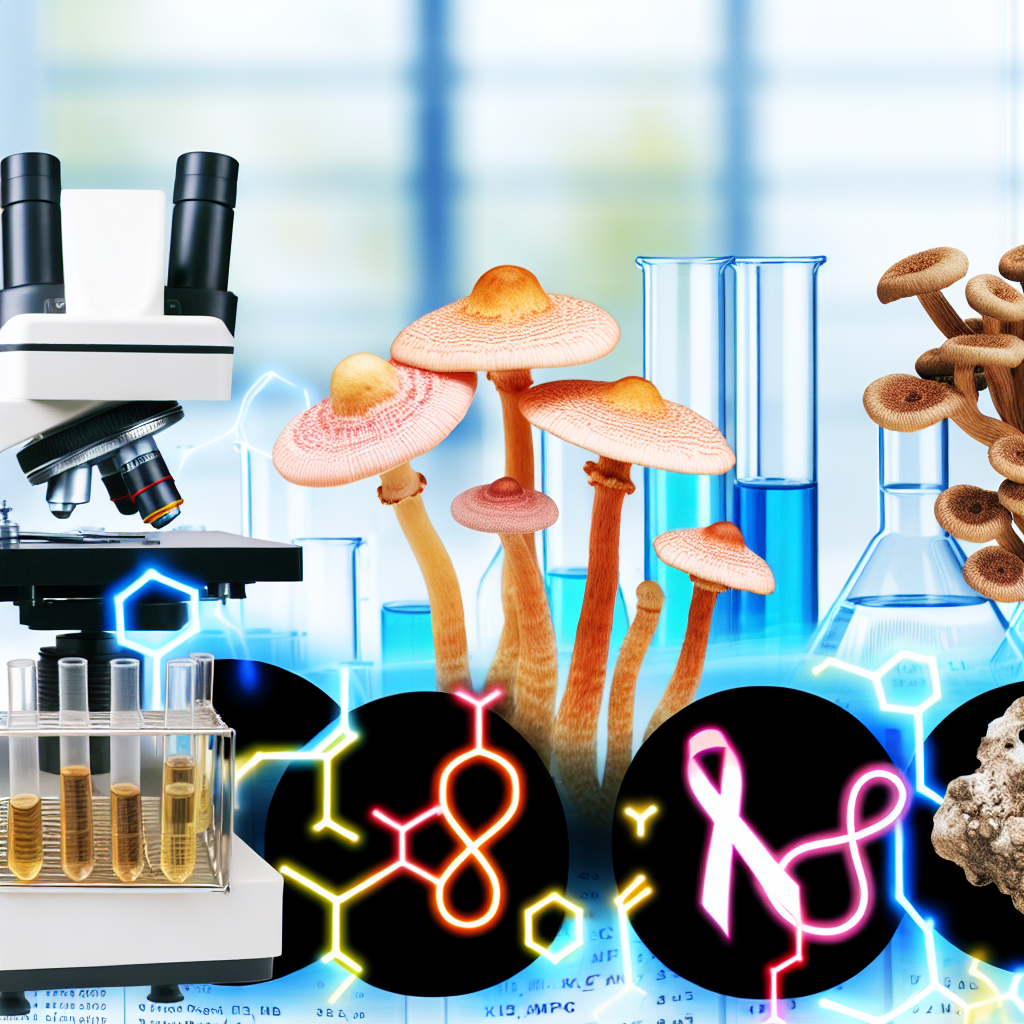Stress can indeed induce heat flushes. Although hot flashes are a prevalent indication of menopause, tension can also induce their occurrence. The body may secrete hormones capable of inducing heat flashes in response to stress.
Stress manifests itself in various ways and is an unavoidable and frequent occurrence. Stress induces the secretion of hormones, specifically adrenaline and cortisol, which can substantially influence an individual’s physiological and psychological state of being. An increased heart rate, accelerated respiration, and perspiration are some symptoms that can result from releasing these hormones. However, heat flashes are among the most prevalent symptoms of stress.
Stress can induce the secretion of cortisol, a hormone that influences many physiological processes such as metabolism, immune response, blood sugar levels, and adrenaline. A disparity in cortisol levels has the potential to disturb the body’s inherent circadian rhythms and may be a contributing factor in the onset of heat flashes. Additionally, hormonal imbalances caused by chronic stress can worsen heat flashes and other symptoms.
Additional Factors
Hormonal fluctuations: A prevalent manifestation of menopause, hot flashes result from the reduction in estrogen levels. Nevertheless, additional hormonal fluctuations, including those that transpire during pregnancy or perimenopause, may also give rise to heat flashes.
Specific drugs, like antidepressants and blood pressure medications, may potentially trigger episodes of flushing of the skin angiomas.
Certain medical conditions, including diabetes and thyroid issues, can also induce heat flushes.
Due to the dehydration that alcohol causes, it may be necessary to administer heat patches.
Caffeine: Caffeine can cause heat flashes by increasing the heart rate and blood pressure.
Extreme heat: Extreme heat can exacerbate hot flushes.
An excessive amount of physical activity can also induce heat flushes.
Consult a physician if you begin to experience heat episodes. They can assist you in diagnosing the source of your heat flashes and suggest appropriate treatment strategies.
Managing Stress
Obtain sufficient slumber. A state of adequate slumber reduces the likelihood of encountering stress.
Engage in regular exercise. Physical activity has the potential to alleviate tension and enhance mood.
Engage in relaxation exercises. One can lessen tension by employing relaxation techniques, such as deep breathing, yoga, and meditation.
Adopt an organic diet. A nutritious diet has the potential to alleviate tension and enhance mood.
Avoid alcohol and caffeine. Alcohol and caffeine can exacerbate both stress and heat flushes.
Be prudent in your time management. Develop the ability to refuse requests and refrain from taking on too much.
Take frequent pauses during the day. Moving around every 20 to 30 minutes will prevent you from becoming overly agitated.
Time spent with cherished ones. Social support is an effective tension reliever.
Consult a medical professional immediately if you are experiencing heat flushes. They can assist you in diagnosing the source of your heat flashes and suggest appropriate treatment strategies.

Dominic E. is a passionate filmmaker navigating the exciting intersection of art and science. By day, he delves into the complexities of the human body as a full-time medical writer, meticulously translating intricate medical concepts into accessible and engaging narratives. By night, he explores the boundless realm of cinematic storytelling, crafting narratives that evoke emotion and challenge perspectives.
Film Student and Full-time Medical Writer for ContentVendor.com




